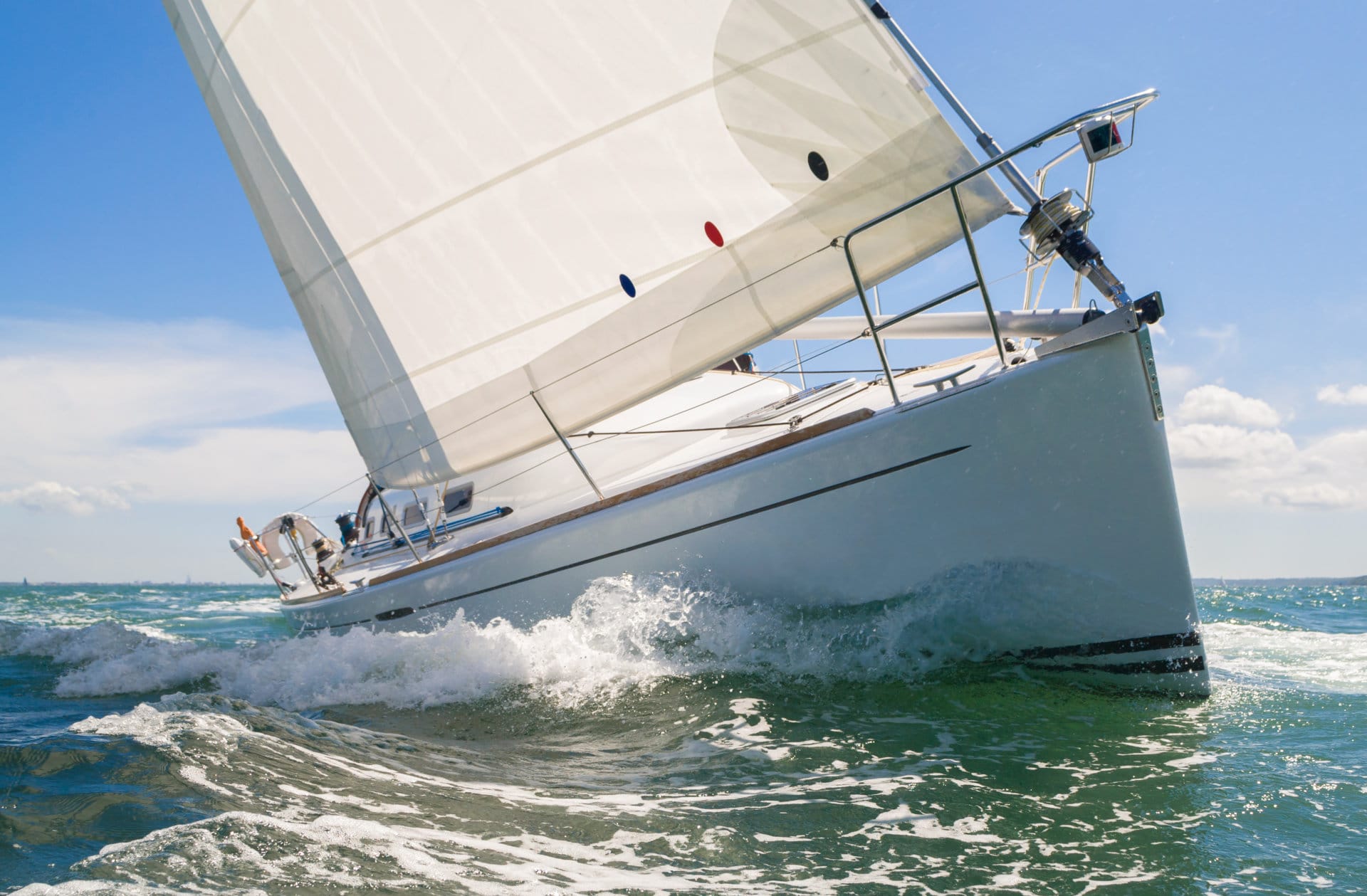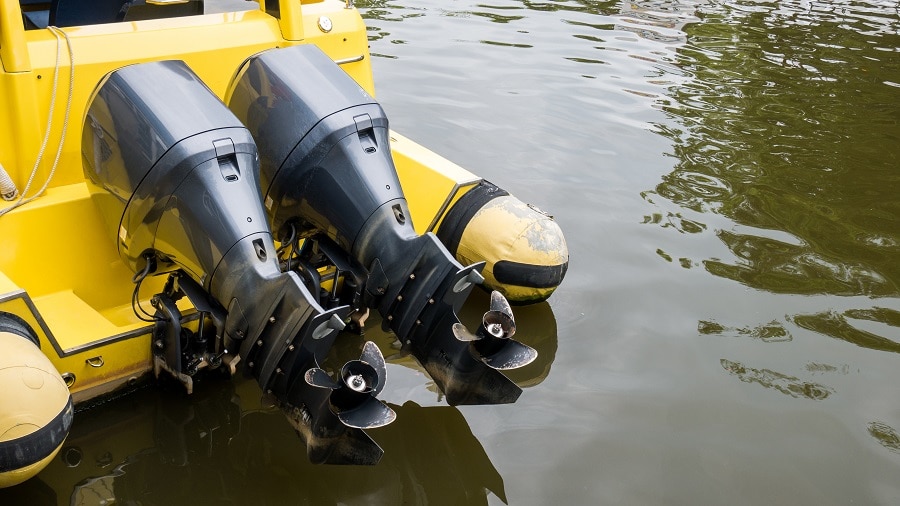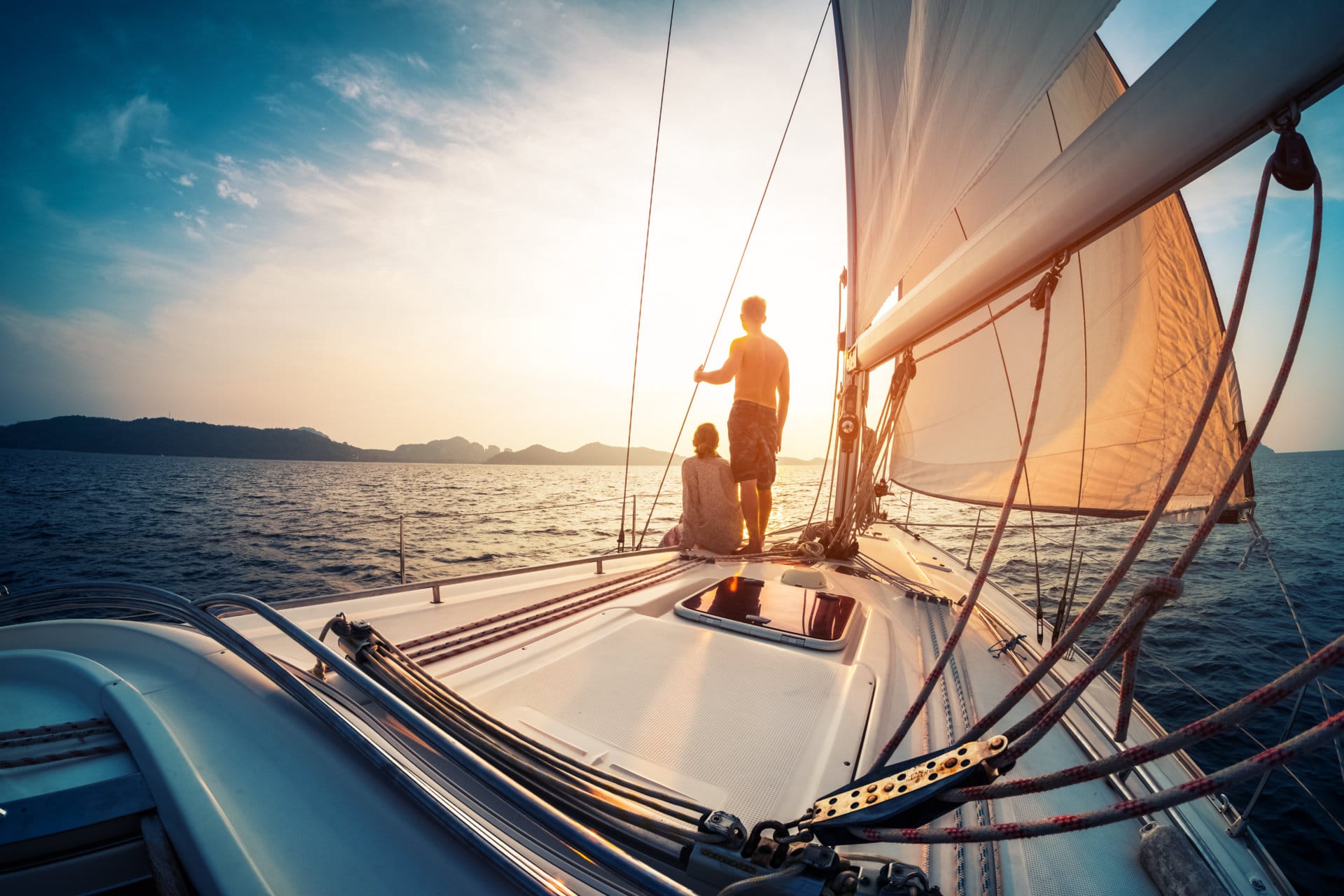Blog
What To Do If You’re In A Boating Accident
No one wants to be involved in a boating accident. Boaters who follow all of the guidelines and follow all […]
Recent
Does Car Insurance Cover Golf Cart Accidents in Arizona? A Guide for Residents and Snowbirds
Arizona, with its warm climate and numerous golf courses,...
March 19, 2024How Much Does Arizona Church Insurance Cost?
Churches and religious organizations play a vital role in...
October 27, 2023


